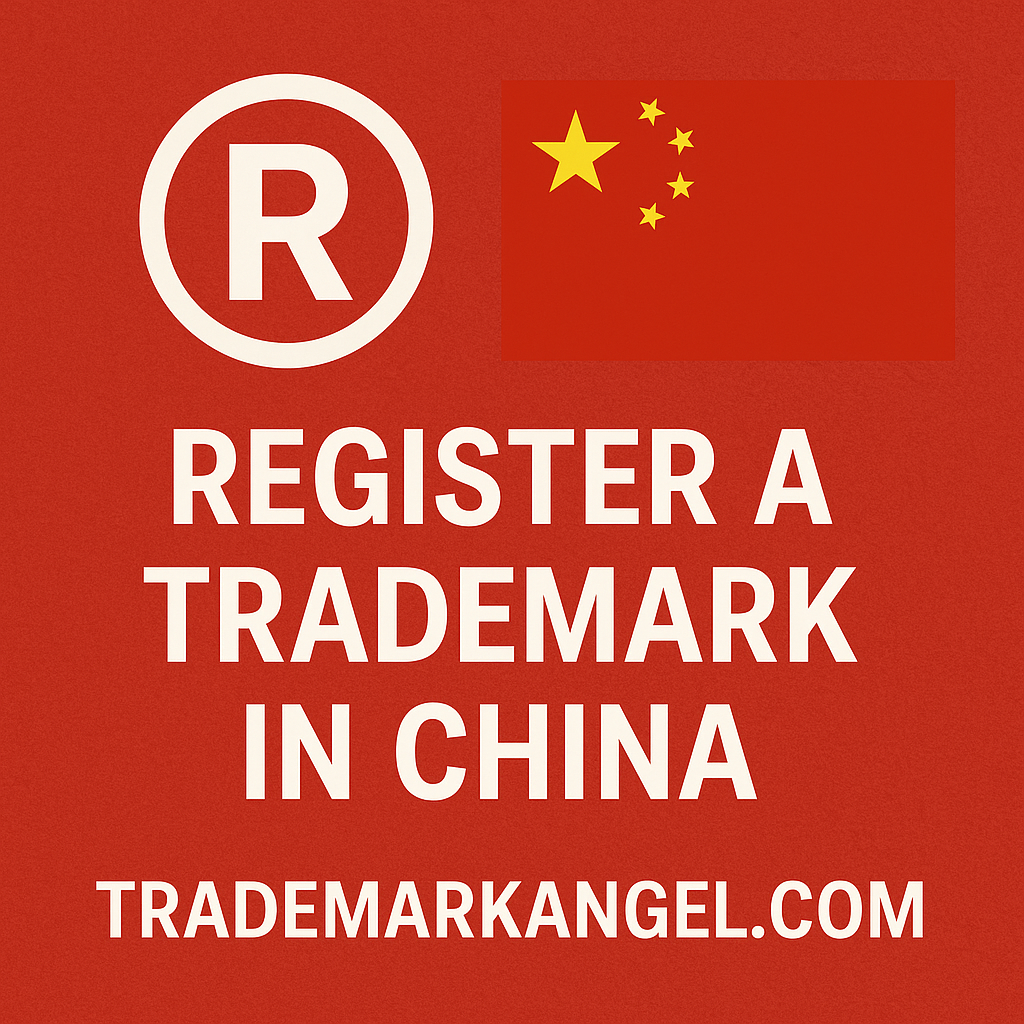
Why is “Merely Informational Matter” Refused Trademark Registration?
The Trademark Act is not an act to register mere words, but rather to register trademarks. Before there can be registration, there must be a trademark, and unless words have been so used they cannot qualify. In re Bose Corp., 192 USPQ at 215
A matter that functions as a means to identify and distinguish one’s goods and/or services from others is called a trademark; and therefore, eligible for federal registration.
On the opposite, if a matter merely conveys information about the goods and/or services, it cannot be registered as a trademark. The latter is called a “merely informational matter.”
How to Identify a “Merely Informational Matter”?
The United States Patent and Trademark Office assesses if a matter, being applied for as a trademark, is a trademark within the meaning of the Lanham Act or one that constitutes as a merely informational matter. In plain English, the Trademarks Office will review your trademark to identify whether it’s capable to function as a trademark, i.e. a source indicator.
First, as a guiding star, the Supreme Court has established a test to determine if a matter is merely informational: it is to ask the question: “Would the relevant public primarily perceive a given matter as one that merely communicates information relative to certain goods and/or services?” If the answer is in the positive, then we have a mere information matter that is not registrable as a trademark.
What are the Types of the Merely Informational Matter?
Under the above-stated test, the USPTO identified three types of merely informational matters: (1) matters that only convey information about the goods and/or services; (2) matters that only offer widely used messages; and (3) matters that merely covey social, political, religious and similar messages.
The following are illustrative cases where the USPTO refused applied-for marks as they are merely informational matters, not trademarks.
- The matter “FRAGILE” was refused registration because it merely informs consumers of the fragility of the item to which the label is attached to. It can hardly pass as a source indicator.
- The familiar phrase “WHY PAY MORE” was held as ineligible for trademark registration because it is a common advertising slogan across a variety of goods and/or services; thus, did not function as a trademark. The same refusal applied to phrases such as “BEST BEER IN AMERICA” and many more.
- The term “ALL HAIL THE LORD” merely functions as a religious message rather than a trademark.
- The slogan BLACK LIVES MATTER has recently been refused registration since it “is a commonly used message that conveys support for rallies, protests, or movements dedicates to raising awareness of civil rights and protesting police violence and conveying the message of support for the same.” USPTO has also added that “the public would not perceive the slogan “BLACK LIVES MATTER” as a source-identifying matter that identifies applicant alone as the source of the services but rather as an expression of support for anti-violence advocates and civil rights groups”. The full refusal can be read here.
Failure-to-Function Refusal
Just as matters, which merely provide information to the public, is refused registration because it fails to function as a trademark, the same is true with grade designation or model numbers. These matters merely describe products; they do not function as a trademark.
In a practical sense, if one were to use a model number as a trademark, consumers would perceive it as only indicating a certain level of quality or improvement in a given product. As to the source, the consumers would be left clueless. As such, such a designation is not eligible for registration.
Remedy
The advancement of business interests in mind, what can one do to use the kind of matters earlier-discusses without a potential failure-to-function refusal?
Fortunately, the rules admit a fix. Since said refusal pertains only to designation consisting entirely of merely information, one may simply incorporate these unregistrable matters to a trademark that is capable of functioning as a source indicator, i.e., “UNNAA: WHY PAY MORE” for supermarket services, where UNAA is the registrable part.
However, the unregistrable matter must be disclaimed. A disclaimer is a statement signifying no claim exclusive right to the unregistrable matter.
If you are in doubt whether your trademark is registrable, please ask us for a free no-obligation trademark search.





